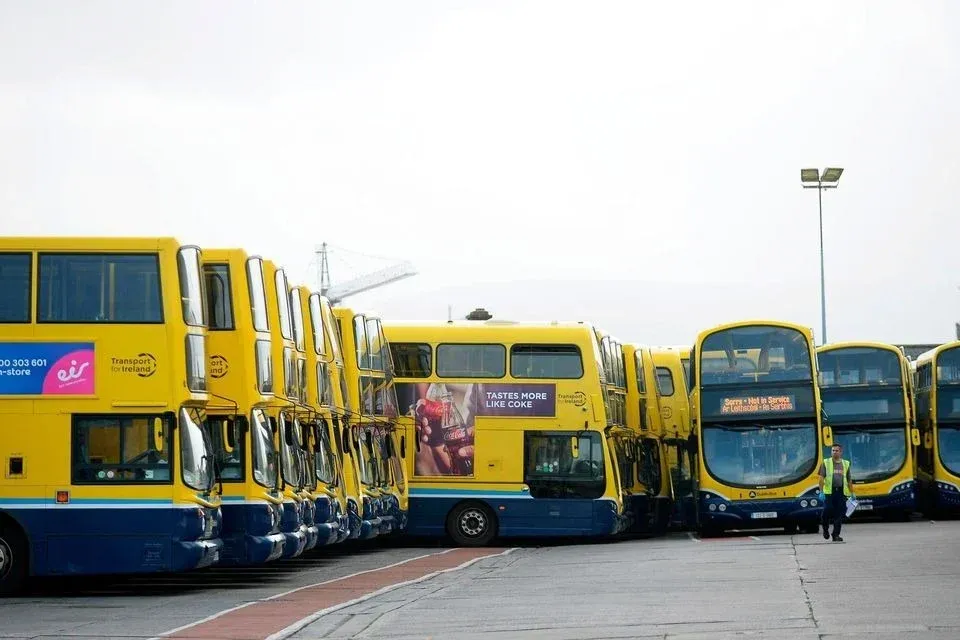Ireland has experienced a significant surge in deportation orders in the first quarter of 2025, reflecting a firm shift in the Government’s immigration enforcement approach. Between January and March, 1,008 deportation orders were issued—more than triple the 305 recorded in the same period last year.
This increase coincides with a 40% drop in asylum applications during the same timeframe. Only 3,021 individuals sought international protection in Ireland in the first three months of 2025, compared to 5,151 during the same period in 2024. March saw just 837 applications, marking the lowest monthly figure since April 2023.
According to Justice Minister Jim O’Callaghan, the Department of Justice is on track to issue a record number of deportation orders in 2025, with over 700 already approved by early April. Projections suggest the total could exceed 4,200 by year-end, far surpassing the 2,403 orders issued in 2024 and the 857 from 2023.
In a recent statement, Minister O’Callaghan emphasized the importance of a system that is “robust, fair, efficient and enforced.” He noted that 311 individuals have already departed Ireland this year through enforced deportations or voluntary returns. Of the 446 departures so far in 2025, 59 were enforced removals.
A notable example of this new enforcement approach was a February charter flight that returned 32 Georgian nationals from Dublin to Tbilisi at a cost of over €100,000. This marked the first in a series of planned deportation flights targeting regions such as the Caucasus and West Africa. Further operations are being scheduled based on operational needs.
Figures from 2024 reveal that 1,116 people left Ireland under deportation or voluntary return schemes, a 252% increase from the 317 recorded in 2023. Georgian nationals topped the list of deportees last year, followed by citizens of South Africa, Albania, Brazil, Algeria, and Nigeria.
The Government has launched a new repatriation unit within the Department of Justice, aiming to significantly scale up deportations and voluntary returns. Officials target at least 2,000 removals by the end of 2025, more than doubling last year’s total of 914.
While the Government acknowledges the high cost and complexity of enforced deportations, including legal challenges and coordination with return countries, it continues to promote voluntary return as the preferred option. The voluntary return program assisted 934 individuals in 2024, up from just 213 in 2023.
The new strategy aligns with broader European Union reforms under the migration and asylum pact, which introduces stricter rules across member states. Officials say the increased use of deportation flights sends a clear message: individuals who breach immigration laws risk removal and are encouraged to leave voluntarily to avoid legal action.







